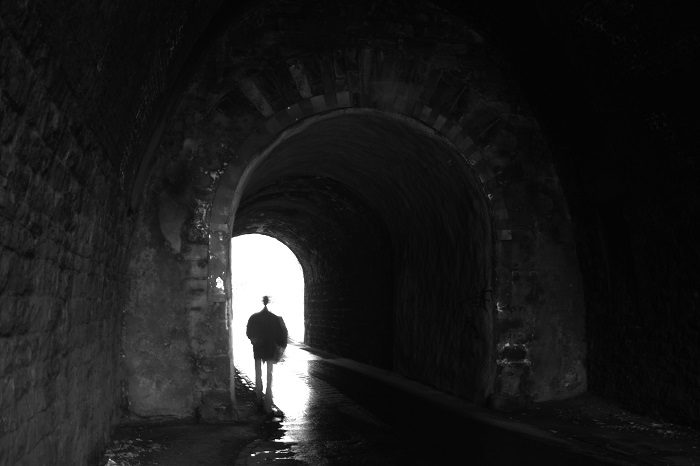 Christian doctor Richard Scott, a general practitioner at the Bethesda Medical Center in England, is at risk of losing his medical license for incorporating his faith into his practice.
Christian doctor Richard Scott, a general practitioner at the Bethesda Medical Center in England, is at risk of losing his medical license for incorporating his faith into his practice.
Scott is currently under investigation by the General Medical Council and the National Health Service, after an acquaintance of a patient complained to the National Secular Society. According to “The Telegraph”, the acquaintance said that “highly vulnerable” patient felt “discomfort at the use of prayer” by Scott.
Scott, who has practiced medicine for decades, said he and his patients “found a great deal of achievement through taking on faith” but never did so without their permission.
Scott added that he often introduced faith into consultation when “dealing with people with depression or anxiety.” To clarify, though, he said that faith was always in addition to his medical treatments and never were used as an alternative.
This was not the first complaint filed against Scott. The doctor received a warning in 2012 after telling a “psychologically troubled” 24-year-old patient that “unless he turned to Jesus, he would eternally suffer.” He furthermore allegedly said, “The devil haunts people who do not turn to Jesus.
Furthermore, earlier this year the NSS filed another complaint when Scott appeared on BBC Radio 4 and spoke about the Christian faith being used to treat those with addiction, anxiety and depression. Here, he again made it clear that it’s “very important” people see the religious element as “an addition” to standard medical care.
NSS President Keith Porteous Wood assured that he doesn’t want Scott to lose his job but wants to see people “act in a professional way.” However, it’s up to General Medical Council if Scott will be able to keep his license.
“It’s an extraordinarily sensitive issue where a doctor comes on with his or her religion. And you’re a vulnerable patient, and you don’t want to irritate them, you kind of just have to take it, and actually inwardly squirm,” Wood said. “They won’t want to turn around and say, ‘I don’t believe what you believe.’ Somebody who’s going to a doctor who’s part of the NHS shouldn’t have that problem.”
Tim Dieppe, head of public policy for the advocacy group Christian Concern, finds the suit to be ridiculous.
“He’s a very good doctor with long-standing experience and what’s wrong with him talking to patients about the benefits of prayer?” he asked. “Of course he’s aware [some people might be uncomfortable with prayer] and of course he always asks permission and tries to sensitively see if people are open to that or not.”
“The fact is that prayer makes a difference,” Dieppe continued. “The fact is we are spiritual beings as well as physical beings and if you’re showing concern for a patient as a whole person you’ll want to bring spirituality into it sometime, when you feel that that’s appropriate.”


